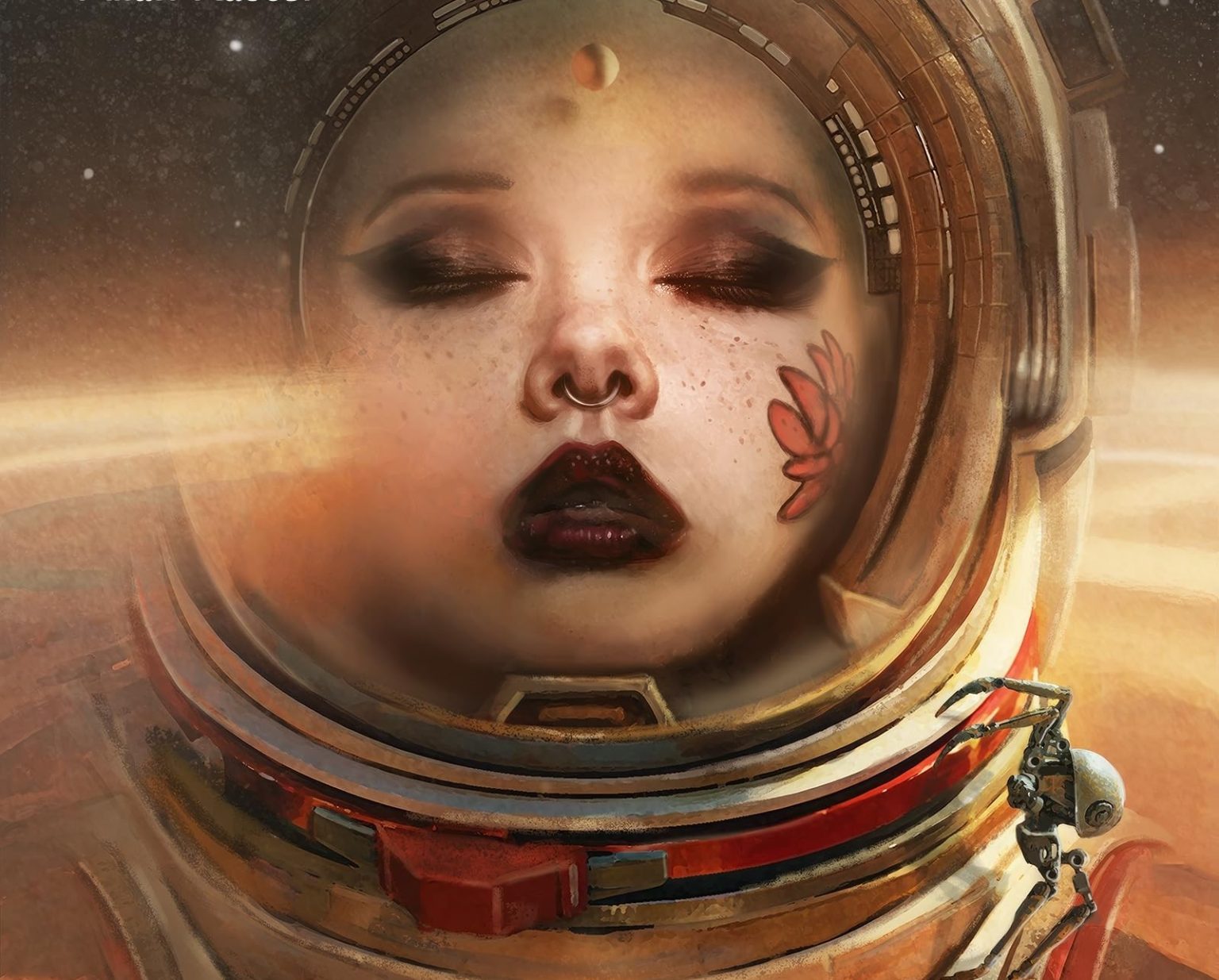Artificial intelligence has become increasingly prevalent in science fiction, reflecting the current times. Allan Kaster, the editor of annual sci-fi story collections, notes that it is rare to find a story that does not involve some form of AI. Science fiction has a long history of incorporating intelligent machines, such as in works like “Metropolis,” “Three Rules of Robotics,” and HAL 9000. The latest innovations in generative AI provide writers with new opportunities to explore the connections between reality and fiction.
Infinivox’s anthology, “The Year’s Top Hard Science Fiction Stories 8,” includes stories that focus on the role of AI in various scenarios. One story tells of robots guiding a teenager at an abandoned Mars base, while another follows a machine-learning algorithm in search of alien life. The perspective of an AI agent waiting for instructions from Earth on Enceladus is also explored. In these stories, the bots often have more control than humans, without a clear villain in sight.
The relationship between science fiction and technological advancements has been longstanding, with many individuals inspired by sci-fi shows like “Star Trek.” This cross-fertilization has led to innovations such as Amazon’s Alexa and the AI agent Callisto used in NASA’s Artemis 1 mission. Stories in the anthology, like “Ocasta” by Daniel H. Wilson, have real-world parallels in AI-based data analysis tools being developed by institutions like the University of Washington’s DiRAC Institute for the Rubin Observatory.
Apart from AI, other tech frontiers are influencing science fiction storytelling as well. “The Year’s Top Hard Science Fiction Stories” includes a novella about a billionaire investigating mysterious lights on the moon, a reference to real-world transient lunar phenomena. Kaster notes that the incorporation of relevant scientific concepts and current events, like conspiracy theories, enhances the story and makes it more engaging for readers.
The classification of a story as “hard” science fiction is often debated among fans, with varying definitions. Kaster believes that if the science in a story enhances the narrative, then it can be considered hard science fiction. While the Golden Age of science fiction in the mid-20th century was known for its focus on science, Kaster believes that today’s sci-fi stands out due to its strong storytelling and character development, ushering in a Diamond Age of the genre.
Infinivox’s website provides more information about their sci-fi anthologies, including “The Year’s Top Hard Science Fiction Stories 8.” The discussion about whether generative AI can create art is ongoing, with some like Ted Chiang arguing that AI cannot surpass human creativity in fields like painting and fiction writing. The Fiction Science podcast, hosted by Kaster and award-winning writer Dominica Phetteplace, explores these themes further, offering insights into the intersection of science fiction and technology.


